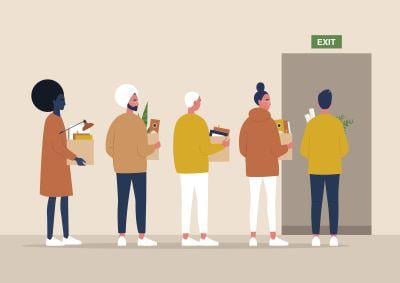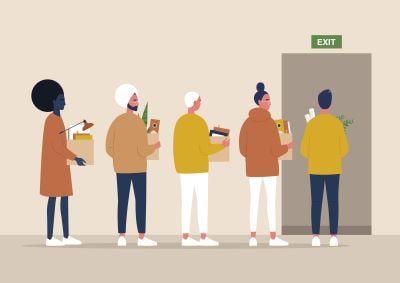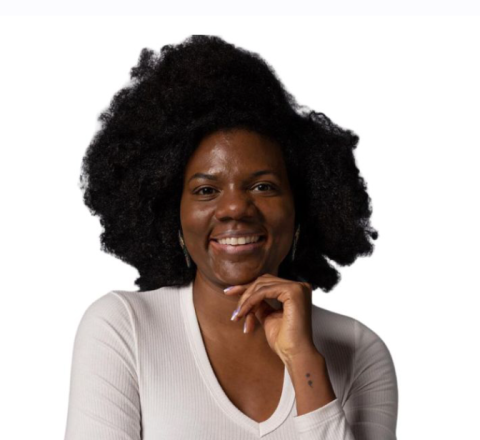Getting Radical About Gratitude
Getting Radical About Gratitude

What if I told you that there is something you could do for only five to ten minutes a day that would make it easier to live longer, feel more joy, have better relationships, and could add seven years to your life? What if I told you that this same thing could improve your psychological resilience and help you in your recovery from anxiety and depression? You would be really intrigued, right? What if I also told you that over fifteen thousand studies have proved the power of this one thing to improve your mental and physical health? You would be begging me to tell you more. Here it is. Cultivate gratitude. This is it. Learn to be a person who lives, breathes, and speaks gratitude.
Thanksgiving is an annual reminder to give thanks for our freedoms, but cultivating gratitude is so much more than an annual time to share a large meal and give thanks. It is much deeper than trying to feel good in the moment. Research on gratitude shows that it is an ability to perceive the undeserved blessing of the moment. Gratitude means learning a humble recognition that everything about your life is a blessing while recognizing that you did nothing to deserve the blessing. Gratitude is the opposite of entitlement. Entitlement is the belief that good things should come to you. When you are grateful you understand that being human entails suffering and you therefore appreciate any moment of beauty, joy, or compassion. Radical gratitude means that you can experience gratitude even in your worst moments of pain.
Gratitude is also a great weapon against cynicism and hopelessness. Cynicism is the belief that others are only motivated by selfish interests. Hopelessness is the belief that you lack the resources to make good things happen in your life. Cynicism and hopelessness are dangerous for your mental well-being because they open the doors to depression and anxiety while making it harder to recover. This suggests that if you plan to talk around the Thanksgiving table, then you might want to steer the conversation toward gratitude about news of the system to clear plastic from the ocean rather than griping about global warming.
If you choose to become a person of gratitude, then you are agreeing to take on a lifestyle that savors and expresses gratitude even when you are in mental or physical pain. The goal of gratitude is not to feel happy, although being grateful will increase your overall joy. The goal is to always know that beauty, meaning, and kindness are present along with pain, suffering and loss. Being able to experience gratitude makes it easier to bear the daily struggles and deep suffering that go with being human. Gratitude is the best choice a person can make as a human.
So, if you are up for the challenge, I encourage you to do what I encourage my patients to do. Start a thirty-day journal of writing down, or telling someone else, about three things for which you can be grateful for each day. Your goal is to explain to yourself, or someone else, what makes you grateful. Nothing is too small to record. Your goal is to savor your blessings instead of counting your blessings. For example, writing down “my dog” is not as good as writing, “I love the way Scooter is always overjoyed to see me. He reminds me that it really is a big deal to be alive, greet each other and have fun every day. He makes me happy every time I see his hello happy dance.” If you are having a rough day, then you might write, “I am grateful that people are researching better treatments for my anxiety and depression. People who do not even know me never give up on people like me even when I give up.” You might also write down something that you have learned that makes you a better person because of your experience of anxiety and depression, “I can be kind and say the right thing to people who are depressed because I have been through it. I am more sensitive and thoughtful because of living through my anxiety and that blesses others.” The blessings are always there. It is your job to learn to see them, savor them and share them because you are the lucky one to realize the truth that the biggest blessing of all is to know that you are blessed.

















